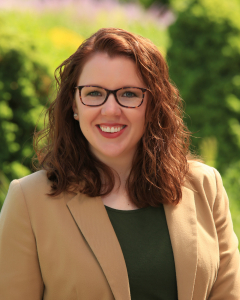Sunni Kamp, director of Southwest Iowa Foundations
In 2023, the Community Foundations of Southwest Iowa overhauled its advisory board orientation. Our team focused on delivering a new, in-person format with storytelling, case studies, and a comprehensive guidebook for all new advisory board members.
To efficiently onboard members across our nine-affiliate network, we hosted two sessions that brought together new members from different affiliates. These half-day sessions focused on three main roles that the Foundation holds in the community: providing community leadership, grantmaking, and serving donors. The in-person format encouraged valuable discussions and insights among participants, and the addition of a detailed guidebook provided board members with a go-to reference for all aspects of their role. From organizational policies and historical context to overviews of the County Endowment Fund Program and Endow Iowa tax credits, the guidebook ensured that every member has access to the information they need at their fingertips.
Perhaps the most impactful change to our orientation process was integrating storytelling and case studies throughout the training. Previously, board members struggled to understand the scope of the Foundation’s work, even after serving on the board for some time. Our team prioritized sharing stories of different types of grantmaking, case studies of donors establishing giving vehicles with the Foundation, and instances in which the Foundation stepped up as a community leader with disaster response funds or other initiatives.
The stories transformed an agenda of policies, programs, and philanthropic terms into a more understandable picture of the organization, facilitating a smoother assimilation into the board’s mission and vision.
We received positive feedback from all members that attended the trainings through pre- and post-orientation surveys, and 100% of new members reported a greater understanding of the Community Foundation and their role as a board member in a post-orientation survey. Overall, the combination of in-person engagement, a comprehensive guidebook, and impactful storytelling helped us build strong connections, and align values and expectations for the advisory board members as they prepare to guide the organization forward.
Our staff is happy to share the resources we put together for the guidebook and orientation sessions – please feel free to reach out to Sunni Kamp at sunni@omahafoundation.org.


 Coordinator, Iowa Council of Foundations
Coordinator, Iowa Council of Foundations

